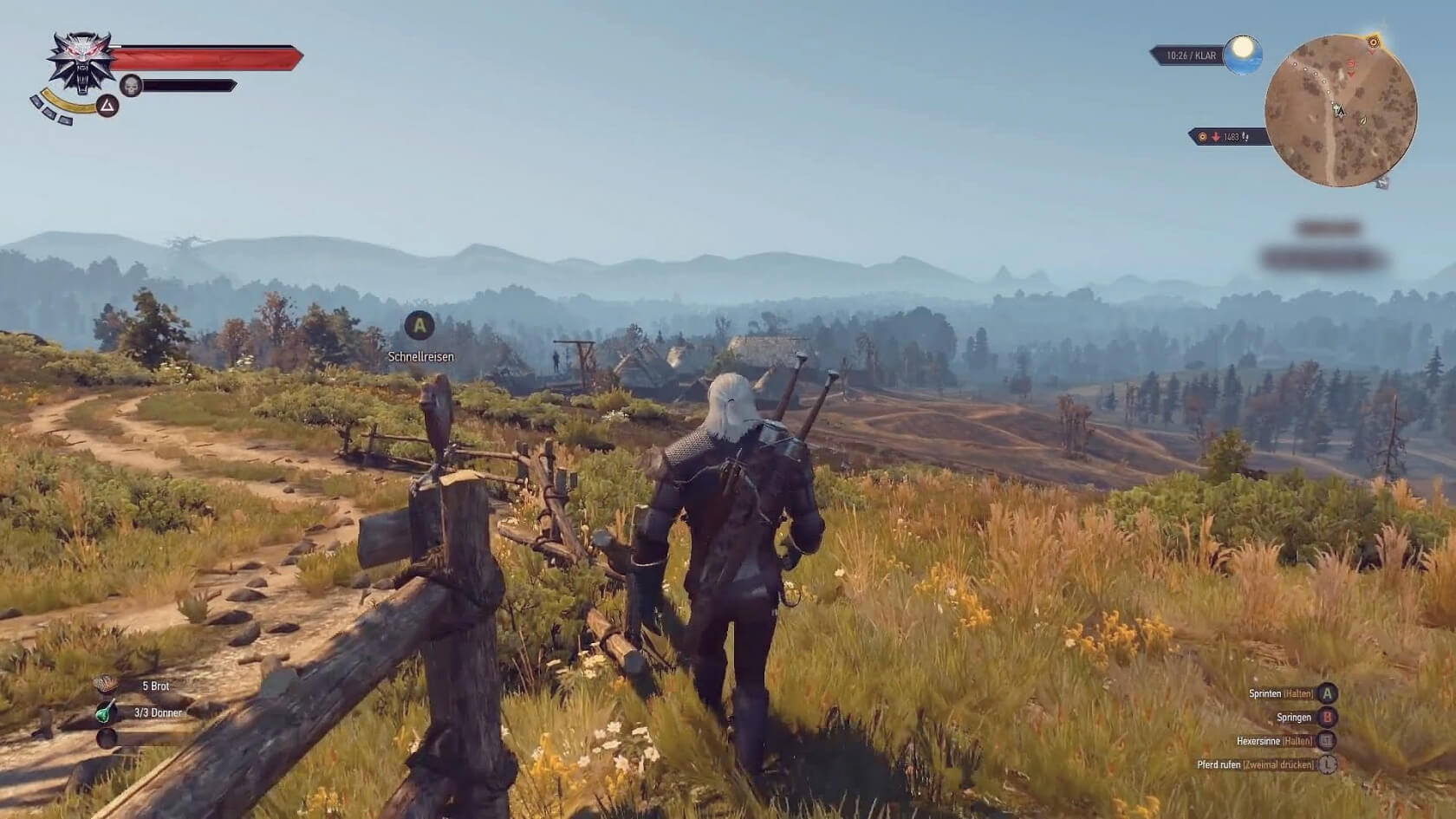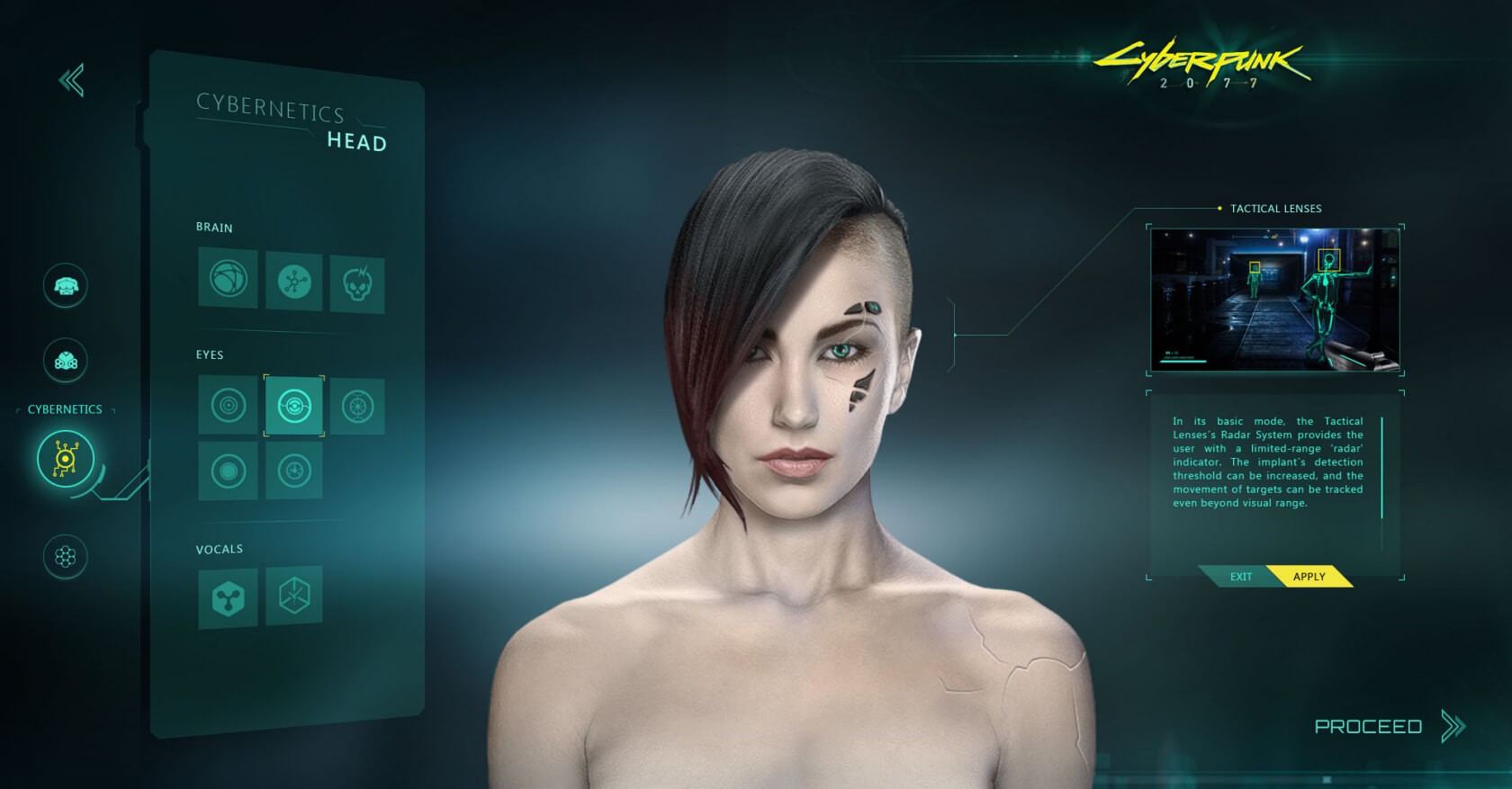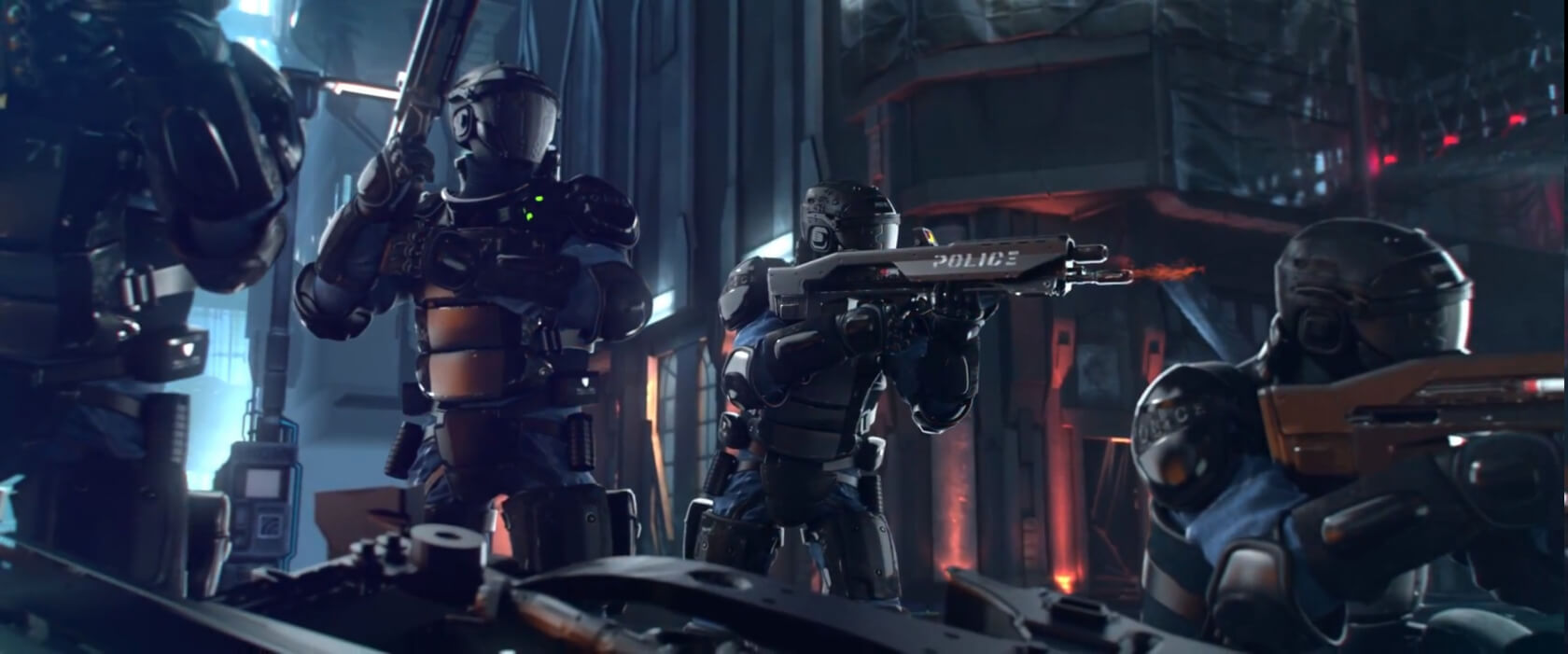Loot boxes earned a lot of headlines in 2017. Most of them revolved around their contentious nature and player backlash over one game or another's implementation of the controversial feature. PC Gamer recently interviewed CD Projekt Red co-founder Marcin Iwiński who says he feels the wave of complaining players is good for the industry.
"The moment they [gamers] feel you are reaching out for their wallet in any unfair way, they will be vocal about it. And - frankly speaking - I think it's good for the industry," said Iwiński.
Indeed, player backlash led to changes in many developers' microtransaction models and loot box policies.
Electronic Arts was probably the hardest hit by angry gamers as it watched its shares lose $3 billion in valuation in November 2017 alone. Of course, this is because EA tends to overuse MT and loot boxes in all of its titles. Star Wars: Battlefront II and Need For Speed: Payback both saw changes to their microtransactions over player outrage.
"It wasn't just the hardcore community, there were a lot of really pissed off gamers out there, and they decided to speak up," said Iwiński. "Where we [CDPR] stand is quite simple, and you could see it with all of our past releases---most recently The Witcher 3: Wild Hunt and GWENT. If you buy a full priced game, you should get a big, polished piece of content, which gives you many, many hours of fun gameplay."

The developers at CD Projekt Red feel a $60 game should deliver $60 worth of gameplay. Iwiński admits this can vary from game to game but thinks that 50-60 hours of gameplay on the main storyline and another 100-200 hours dealing with side quests and 100 percent completion events is a fair expectation for AAA titles.
"To me, this is a fair deal. You get what you paid for."
Iwiński also distinguishes between what CDPR calls "expansions" and DLC. Expansions are additional stories that add meaningful value to the game with several hours of new gameplay and should be priced fairly. Conversely, DLCs are "small pieces of content which should be available for free."

Free-to-play titles have a little more reason to leverage microtransactions and loot boxes since that is how the developers make money from the title. Even still, Iwiński maintains that games must not go down a pay-to-win path. Developers must keep in mind that MTs should not give paying players items that the free player cannot get over time. The trade-off here is time spent earning something versus paying for the convenience of getting it earlier.
"Here we have GWENT, where you can buy card kegs and some vanity items. Again, the deal is simple---you can play the game for free and craft your desired card collection this way, or decide to spend money and get card kegs. The choice is yours, and the only thing you pay for is time and convenience."
The bottom line is that developers have a responsibility to be transparent with players about what they are getting. Transparency means publishing odds of getting items in free loot boxes versus paid, among other things.
Iwiński's views and insights into the studio's philosophies regarding microtransactions and loot boxes are a welcome reassurance that when Cyberpunk 2077 finally arrives, we will be treated to a game that provides value for our hard-earned dollar rather than a game that continually nags us for more.
